Page 17 • (2,115 results in 0.048 seconds)
-

TACOMA, WASH. (May 20, 2016)- It’s the season for awards, banquets, recognition and a whole lot of celebrating for Pacific Lutheran University students as they approach Commencement 2016. The ceremony will mark the culmination of several years of hard work, community involvement and the pursuit…
world better than how they found it June 24, 2024 Kaden Bolton ’24 explored civics and public policy on campus and studying away in Oxford June 12, 2024 PLU welcomes new Chief Operating Officer and VP Shalita Myrick to campus June 11, 2024 PLU French professor Rebecca Wilkin wins the 2024 Translation Prize June 7, 2024
-
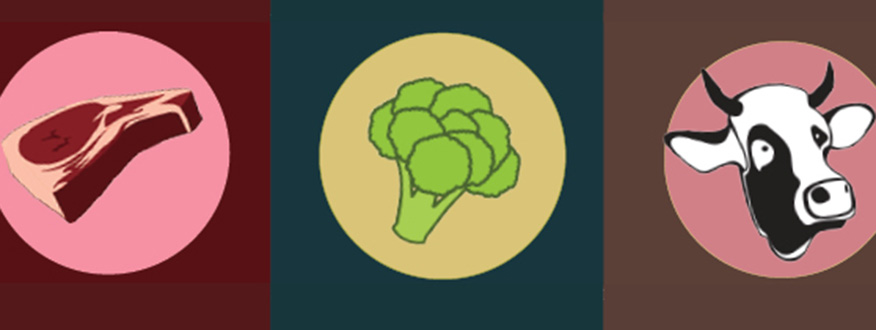
Philosophy from Penn State University. He regularly teaches courses in ethics, social and political philosophy, and business ethics, as well as courses in early modern philosophy, 19th and 20th century continental philosophy, and the philosophy of race. “Many have begun to consider seriously the ethics of producing food under such conditions and, indeed, the ethics of eating animals in general. I look forward to participating in a public debate about these issues in order to bring them more clearly into
-

TACOMA, WASH. (August 10, 2015)- Each summer PLU students fan out across the globe — working, researching, studying or just plain relaxing. Many students leverage the summer months as an opportunity to add depth to their resumes by completing internships at local and corporate businesses,…
better than how they found it June 24, 2024 Kaden Bolton ’24 explored civics and public policy on campus and studying away in Oxford June 12, 2024 PLU welcomes new Chief Operating Officer and VP Shalita Myrick to campus June 11, 2024 PLU French professor Rebecca Wilkin wins the 2024 Translation Prize June 7, 2024
-
-enacted the works of Europe’s first woman playwright, performed love poems of Germany’s troubadours, read the correspondence of nuns choosing to or forced to leave their convents because of the Reformation, and learned hands-on the techniques used in woodcuts and engravings by the first artists of the early modern print age. German major Alexandra Dreher articulated her appreciation for the knowledge she gained from this interdisciplinary, humanities-based approach as follows: “Learning about the
-
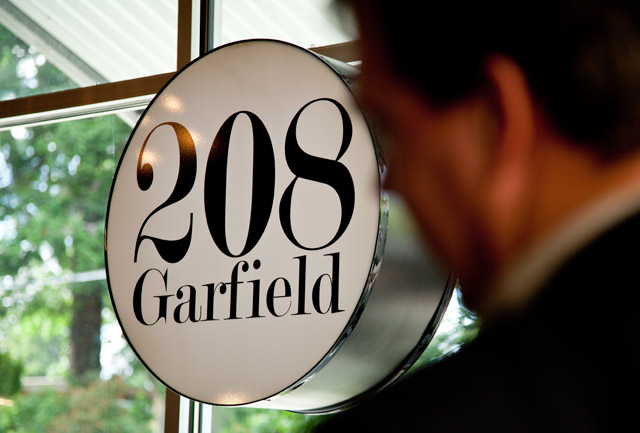
August 10, 2011 Garfield Street has a ton of eating options, like 208 Garfield, with fun for the palate like small plates and big treats. (Photos by John Froschauer) From late-night snack to early-morning breakfasts, you’ll find places a plenty to eat at PLU By Barbara Clements You’ve decided it’s time for dinner, or a late night study break. But where, exactly, can you find a meal or some snacks? Pretty much at any time, there’s food to be found around PLU. For you early morning risers of the
-
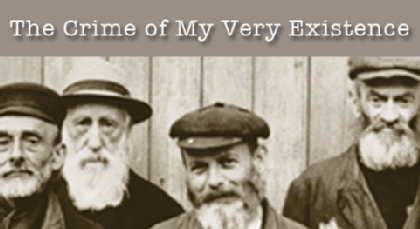
research interests include modern Jewish identity formation and political self-representations, 1881-1948; art, politics, and culture; the politics of religion in Mandate Palestine; perceptions of social deviance among Jewry from early modern times to the present; Jews and German culture; ties between charity and nationalism; and modes of understanding and misunderstanding the Holocaust. Holocaust Studies Program at PLU This past Spring, at the annual Powell and Heller Holocaust Conference it was
-
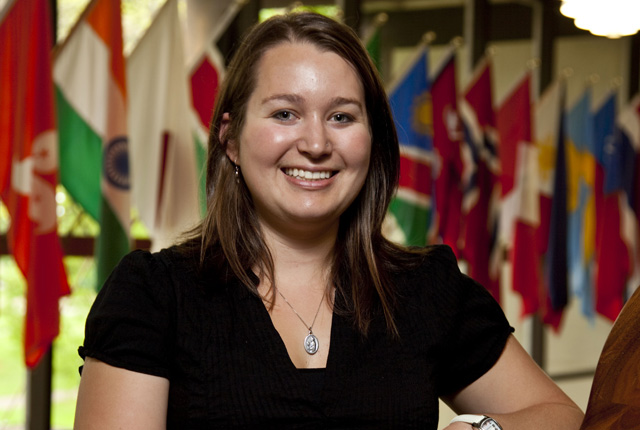
] Paul Tillich.” Paso graduated with a degree in religion and German, and after spending some time working in downtown Tacoma at a church, left last year to Germany on a Fulbright Scholarship to work with Armin Kohnle, director of the Institute of Church History at the University of Leipzig. With Kohnle, Paso studied “common chest” ordinances in the early reformation period. “Common chest” literally refers to a locked box where donations where kept for the poor in a church. “It was basically early
-
laughs at that, but notes that it’s been a great teaching experience – he’s teaching some of the fellow players Spanish, and he’s learning some Norwegian. Taylor plans to major in global studies and journalism, and take those skills back to Tumaco, Columbia, where he plans to do volunteer work in literacy camps. The area is very important to him. He was adopted at an early age, and lived in Gig Harbor, Washington, but Tumaco is where his birth parents are from. He relishes the opportunity to return
-
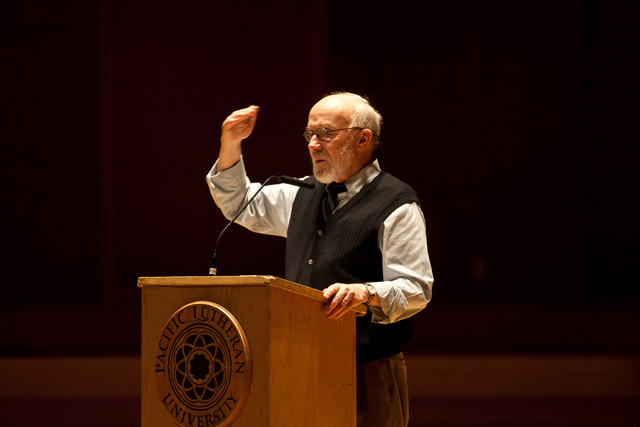
November 4, 2011 Marcus Borg, who serves as Canon Theologian at Trinity Episcopal Cathedral in Portland and Hundere Chair of Religion and Culture Emeritus in the Philosophy Department at Oregon State University, presented a lecture entitled, “Speaking Christian: Reclaiming Christian Language,” on Wednesday, November 3, at the 6th Annual David and Marilyn Knutson Lecture. (Photo by Igor Strupinskiy ’14) Jesus scholar identifies need to reclaim Christian language By Katie Scaff ’13 There’s an
-
in Africa and the conditions faced by captive chimpanzees in the United States. Lindsey reports on her experience last summer in the following way: “As a student of philosophy, I’ve read many of the influential sources of historical and contemporary human arrogance. According to many ancient and modern thinkers, humans are different in kind from all other animals on earth. Along the way we have distinguished ourselves in many ways, not the least of which is the ability to use language. These
Do you have any feedback for us? If so, feel free to use our Feedback Form.


